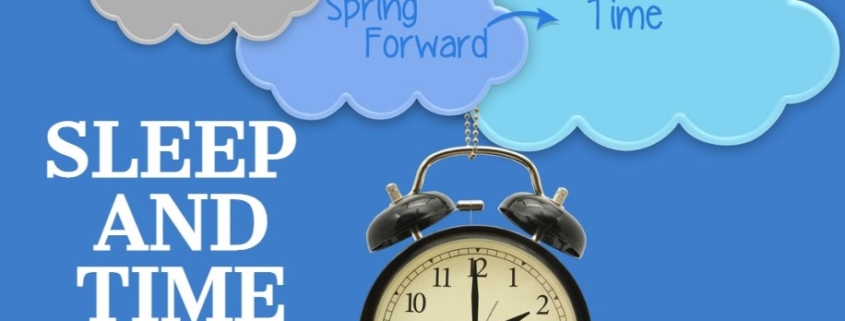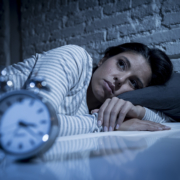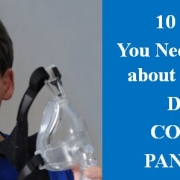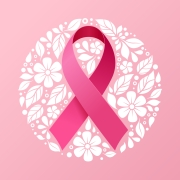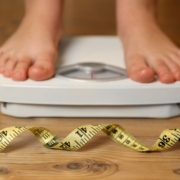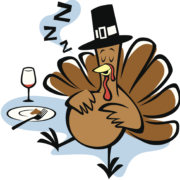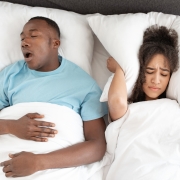Sleep and Time Change
How to sleep well during time changes
A time change can take a toll on your sleep. Adjusting to changes in your sleep patterns can be hard on your body. You can take steps to avoid disruption to your sleep by learning a few simple strategies.
What are the negative effects of the time change?
The annual change from standard time to daylight saving time is associated with increased risk of heart attacks and stroke. There are increased hospital admissions due to atrial fibrillation. There also is an increase in emergency room visits and missed medical appointments. Traffic accidents increase in the first few days after the change from standard time to daylight saving time. The spring and fall time changes have also been associated with mood disturbances and suicide.
The American Academy of Sleep Medicine supports the elimination of daylight-saving time. A change to permanent standard time is best aligned with human circadian biology and has the potential to produce beneficial effects for public health and safety.
How does daylight saving time change affect your sleep?
We are most vulnerable to sleep deprivation in early March, as they transition from Standard Time to DST. One study found that the average person receives 40 minutes less sleep on the Monday after “Springing Forward” compared to other nights of the year.
During daylight saving time, we tend to go to bed and fall asleep later at night, resulting in sleep loss. The spring and fall time changes can also disrupt our sleep schedule and have a negative effect on the quality of our sleep. The changes to daylight saving time can be especially problematic for any populations that already experiences chronically insufficient sleep or other sleep difficulties. Those at greatest risk include teenagers, who tend to experience chronic sleep restriction during the school week, and night shift workers, who often struggle to sleep well during daytime hours.
Adjusting the time by one hour may not seem like a drastic change, but sleep experts have noted troubling trends that occur during the transition between Standard Time and DST, particularly in March. These issues include increases in heart problems, mood disorders, and motor vehicle collisions. Some people also experience insomnia symptoms due to springtime changes.
During time change, you can take steps to help avoid disruption to your sleep. Getting the recommended seven to eight hours of sleep a night provides tremendous health benefits and helps you perform at your best.
Daylight Saving Time Sleep Tips
- Practice Good Sleep Hygiene: Sleep hygiene refers to practices that can influence sleep for better or worse. In order to ease the transition of the time change, you should refrain from consuming alcohol before bed. While drinking can cause you to feel sleepy initially, alcohol also causes sleep disruptions and leads to poor sleep quality. Heavy meals before bedtime can also negatively affect how well you sleep that night.
- Establish a Consistent Sleep Routine: Going to bed and waking up at the same time each day – including the weekends – is a healthy sleep hygiene practice that can also prepare you for time changes.
- Gradually Alter Your Bedtime: Two to three days before the time change we recommend waking up 15-20 minutes earlier than usual. Then, on the Saturday before the time change, set your alarm clock back by an additional 15-20 minutes. Adjusting your wake-up time can help the body make a smoother transition when the time change occurs.
- Spend Time Outdoors: Since natural light is a driving force behind our circadian rhythms, exposure to sunlight can alleviate feelings of tiredness during the day that often accompany time changes.
- Nap in Moderation: People who experience sleep debt as a result of DST may find some relief by taking short naps during the day. These naps should never exceed 20 minutes in length; otherwise, you may wake up feeling groggy.
- Don’t Consume Caffeine Too Close to Bedtime: Studies have found caffeine consumed within six hours of bedtime can disrupt your sleep cycle.
If you are experiencing sleep problems visit one of our sleep medicine providers at Comprehensive Sleep Care Center. Our doctors treat over 80 types of sleep disorders such as Sleep Apnea, Insomnia, and Narcolepsy. Give us a call and Say Hello to Sleep Again…

